- Home Page
- Company Profile
- Our Products
- Contact Us
UV Flame Monitor
Product Details:
- Output Type Relay/Solid State Output
- Working Temperature 0C to +55C
- Operating Temperature 0C to +55C
- Connector Type Screw Terminal Connector
- Power Factor >0.95 (Approximate)
- Application Industrial Burners, Gas Turbines, Furnace Flame Monitoring
- Noise Level Silent Operation
- Click to View more
X
UV Flame Monitor Price and Quantity
- 1 Piece
UV Flame Monitor Specification
- High (Exact Value Not Specified)
- Fast Detection Response, Fail-Safe Monitoring, Compact Design
- Industrial Burners, Gas Turbines, Furnace Flame Monitoring
- -20C to +60C
- Inbuilt Over Voltage and Surge Protection
- UV Flame Monitor
- >0.95 (Approximate)
- 50 Hz
- Screw Terminal Connector
- 0C to +55C
- Industrial Grade Metal Enclosure
- 0C to +55C
- 230V AC
- Approx. 400g
- Single Phase
- Mains Powered (230V AC)
- Natural Air Cooling
- Relay/Solid State Output
- Silent Operation
- Automatic Adjustment
UV Flame Monitor Trade Information
- 7 Days
Product Description
A UV flame monitor, also known as a UV flame detector or UV flame sensor, is a device used to detect the presence of a flame by analyzing the ultraviolet (UV) radiation emitted by the flame. It is commonly used in industrial applications, such as boilers, furnaces, and gas turbines, where it's crucial to ensure that a flame is present and stable for proper operation and safety.
The principle behind a UV flame monitor is based on the fact that flames emit UV radiation as a result of the combustion process. This UV radiation is not typically visible to the human eye but can be detected by specialized sensors. UV flame monitors consist of a UV-sensitive photodiode or photomultiplier tube and associated electronics. When a flame is present, the UV sensor detects the UV radiation emitted by the flame, and the electronics process the signal to determine the presence and stability of the flame.
Key features and functions of a UV flame monitor include:
1. Flame Detection: The primary function of a UV flame monitor is to detect the presence of a flame. It can distinguish between the UV radiation emitted by a genuine flame and other sources of UV light, such as sunlight or electrical arcs.
2. Flame Stability: UV flame monitors can also assess the stability of the flame by analyzing the intensity and frequency of the UV radiation. Sudden changes in UV intensity could indicate flame instability or extinguishment.
3. Safety: UV flame monitors play a critical role in ensuring the safety of industrial processes. If a flame is not detected or if the flame becomes unstable, the monitor can send signals to control systems to shut down the fuel supply, preventing hazardous conditions.
4. False Alarm Prevention: To prevent false alarms, UV flame monitors are designed to filter out interference from non-flame UV sources. They are optimized to respond to the specific wavelengths of UV radiation emitted by combustion flames.
5. Harsh Environments: UV flame monitors are designed to withstand harsh industrial environments, including high temperatures, vibrations, and varying lighting conditions.
6. Integration: They can be integrated into control systems and safety systems to facilitate automatic shutdown or corrective actions in case of flame detection issues.
7. Testing and Maintenance: Regular testing and maintenance of UV flame monitors are essential to ensure their proper functioning. Dust, dirt, and other contaminants can affect their sensitivity and accuracy.
8. Different Flame Types: UV flame monitors are effective for detecting flames from various fuel sources, such as natural gas, oil, coal, and more.
FAQ:
Q. What is a UV flame monitor?
Ans: A UV flame monitor is a device used to detect the presence and stability of flames in industrial applications by analyzing the ultraviolet (UV) radiation emitted by the flames.
Q. How does a UV flame monitor work?
Ans: UV flame monitors work based on the principle that flames emit UV radiation during combustion. The monitor includes a UV-sensitive sensor that detects this radiation. The sensor's output is processed by electronics to determine if a flame is present and stable.
Q. Where are UV flame monitors used?
Ans: UV flame monitors are used in various industrial processes, such as boilers, furnaces, gas turbines, and other combustion systems, to ensure safe and efficient operation.
Q. What types of flames can UV flame monitors detect?
Ans: UV flame monitors can detect flames from different fuel sources, including natural gas, oil, coal, and more.
Q. Why is flame detection important?
Ans: Flame detection is crucial for safety and operational efficiency. It ensures that flames are present when required, preventing hazardous situations and optimizing combustion processes.
Q. Can UV flame monitors distinguish between different types of UV sources?
Ans: Yes, UV flame monitors are designed to filter out interference from non-flame UV sources, such as sunlight or electrical arcs. They are optimized to respond to the specific wavelengths of UV radiation emitted by combustion flames.
Q. What happens if a flame is not detected?
Ans: If a flame is not detected, the UV flame monitor can send signals to control systems to shut down the fuel supply, preventing unsafe conditions.
Q. How do you maintain UV flame monitors?
Ans: Regular maintenance involves cleaning the sensor to prevent dust and dirt buildup, testing the monitor's functionality, and calibrating it as needed.
Q. Are UV flame monitors suitable for harsh environments?
Ans: Yes, UV flame monitors are designed to withstand harsh industrial conditions, including high temperatures, vibrations, and varying lighting conditions.
Q. Can UV flame monitors detect flame instability?
Ans: Yes, UV flame monitors can assess flame stability by analyzing the intensity and frequency of the UV radiation emitted by the flame. Sudden changes in UV intensity could indicate flame instability or extinguishment.
Q. How are UV flame monitors integrated into systems?
Ans: UV flame monitors can be integrated into control and safety systems. They communicate with these systems to trigger actions like shutdowns or alarms in case of flame-related issues.
Q. Can UV flame monitors prevent false alarms?
Ans: Yes, UV flame monitors are designed to minimize false alarms by filtering out non-flame UV sources and focusing on the specific characteristics of combustion flames.
Q. Do UV flame monitors require specialized training to operate?
Ans: Operating UV flame monitors typically requires some training to understand installation, testing, and maintenance procedures. Manufacturers usually provide guidelines and documentation.
Q. Are there alternatives to UV flame monitors for flame detection?
Ans: Yes, other methods for flame detection include infrared (IR) flame detectors, ionization flame detectors, and thermal flame detectors. The choice depends on the specific application and requirements.
Q. Are UV flame monitors suitable for all types of combustion processes?
Ans: UV flame monitors are versatile and suitable for various combustion processes. However, the specific requirements of the process and the fuel used might influence the choice of flame detection method.
Tell us about your requirement

Price:
Quantity
Select Unit
- 50
- 100
- 200
- 250
- 500
- 1000+
Additional detail
Mobile number
Email

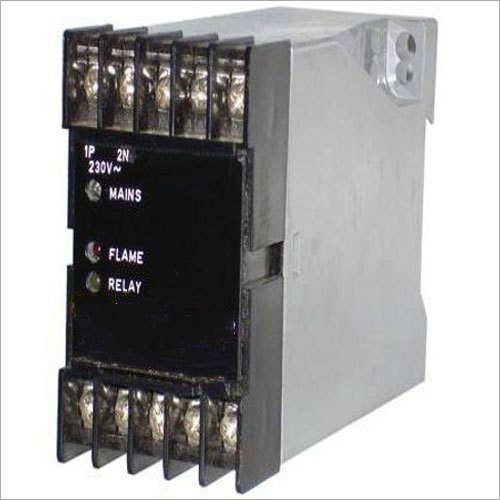

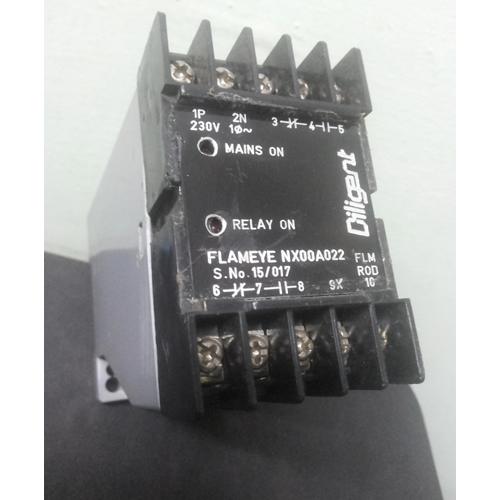
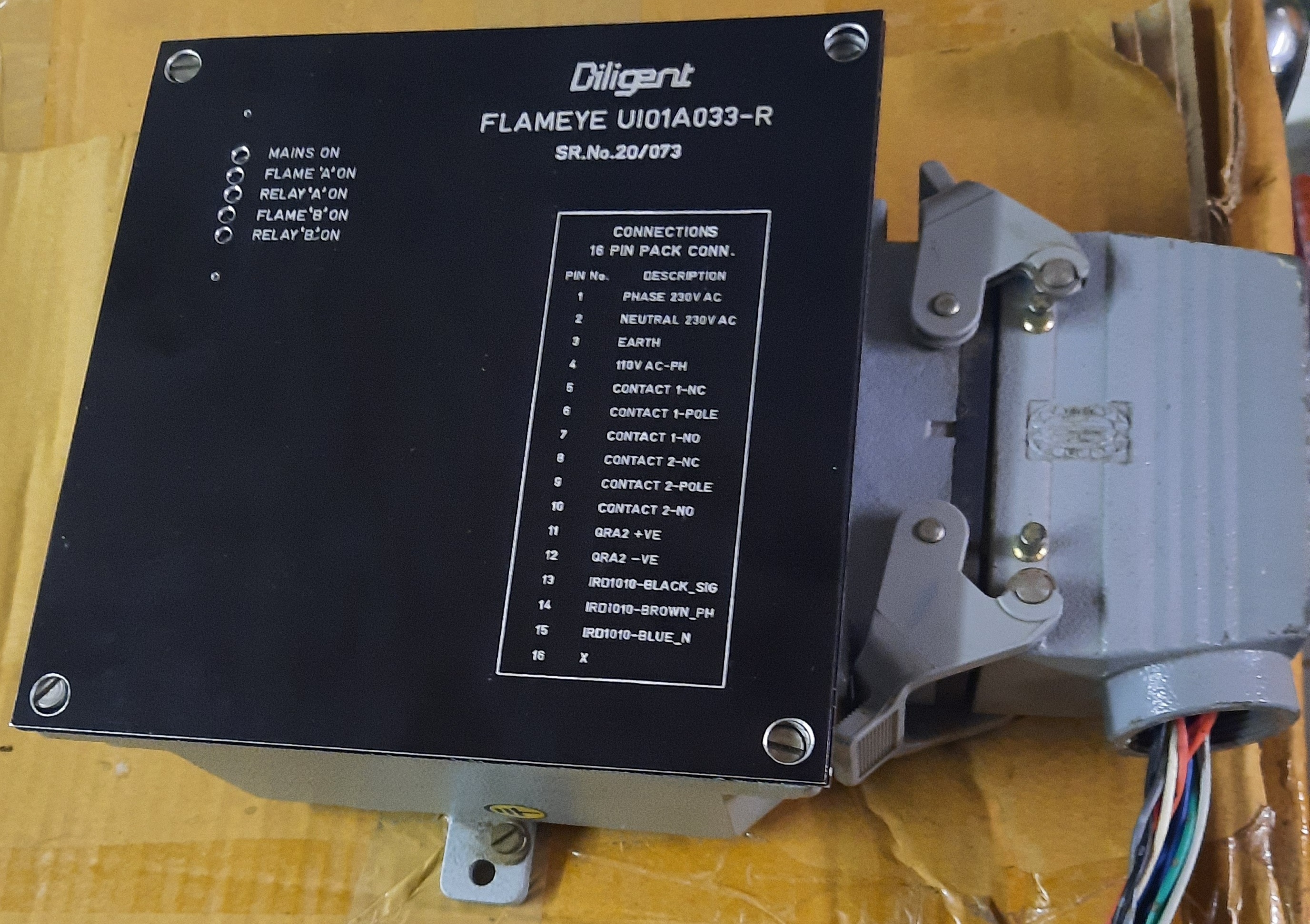
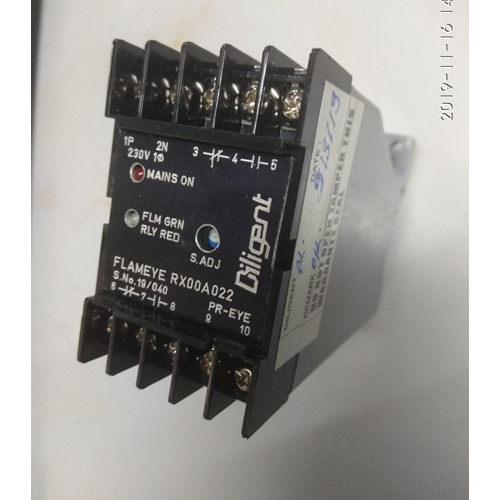
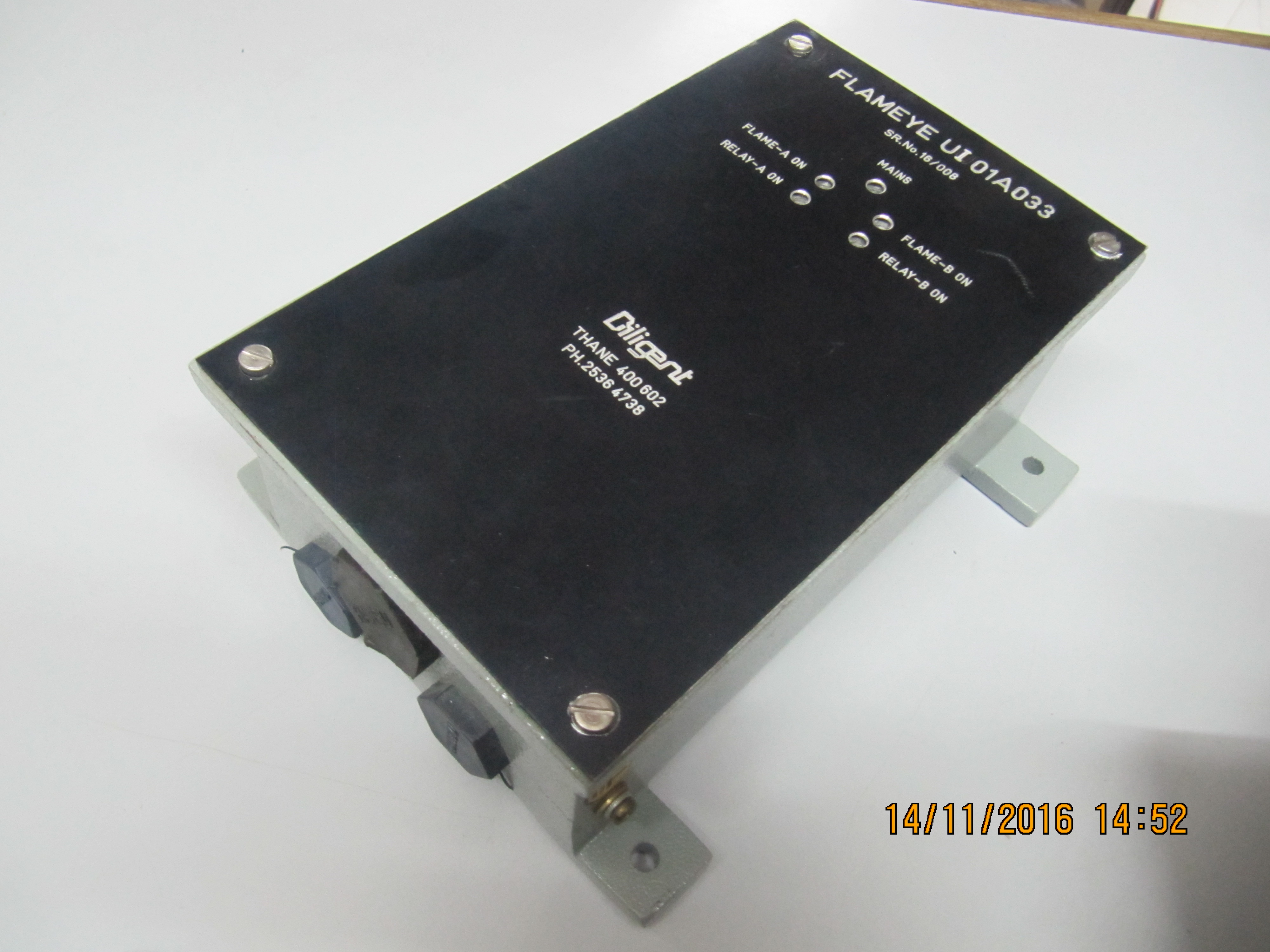

 English
English Spanish
Spanish French
French German
German Italian
Italian Chinese (Simplified)
Chinese (Simplified) Japanese
Japanese Korean
Korean Arabic
Arabic Portuguese
Portuguese